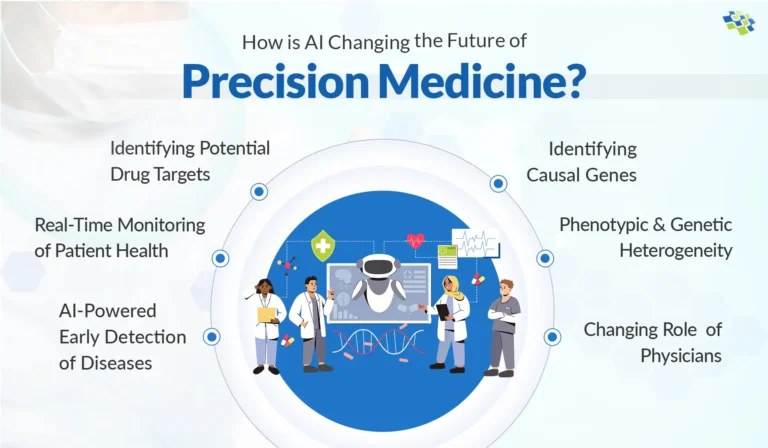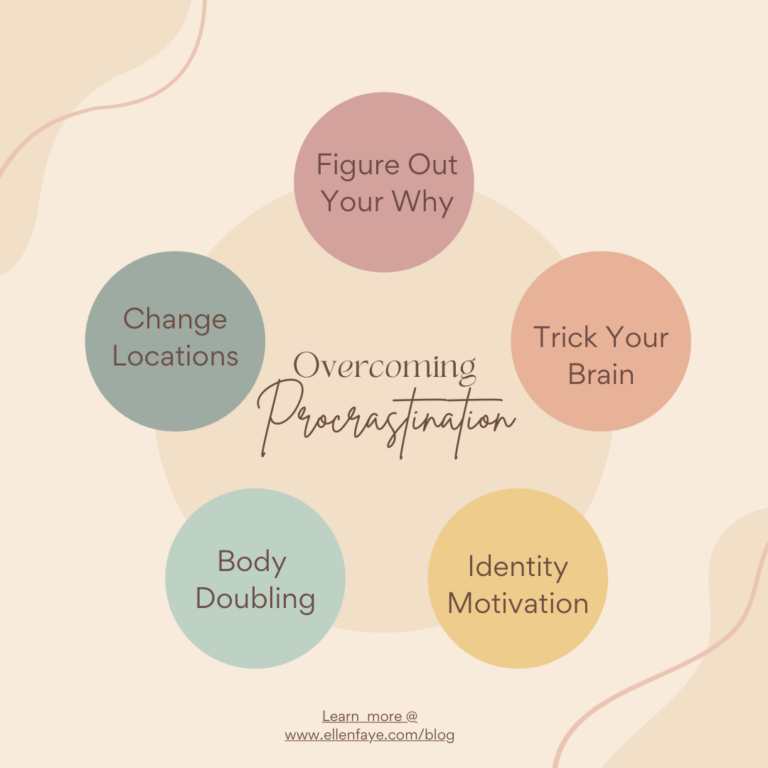The Science of Happiness: What Makes Us Truly Happy?
Happiness stems from a combination of genetics, life circumstances, and intentional activities. Positive relationships and purposeful living contribute significantly to our happiness.
Understanding the science of happiness can transform our lives. Researchers have identified key factors that influence our well-being. Genetics play a role, but they don’t determine everything. Life circumstances like health and wealth matter, yet they aren’t the sole contributors.
Intentional activities, such as practicing gratitude and mindfulness, have a profound impact. Building positive relationships and finding purpose in life are crucial. Engaging in activities that align with our values boosts our happiness. By focusing on these elements, we can create a happier and more fulfilling life.
The Pursuit Of Happiness
The pursuit of happiness is a quest that has intrigued humans for centuries. It involves understanding what truly makes us happy. From ancient philosophies to modern psychology, the pursuit of happiness remains a central theme in our lives.
Historical Perspectives
Ancient philosophers like Aristotle believed happiness comes from virtue. He thought living a good life leads to true happiness. Confucius, on the other hand, emphasized the importance of relationships and harmony. Both philosophers suggested that happiness is an internal state, not dependent on external factors.
Religious texts also offer insights into happiness. Buddhism teaches that detachment from desires brings peace. Christianity promotes love and compassion as pathways to joy. Across cultures, the pursuit of happiness has deep roots in philosophical and religious traditions.
Modern Views
Today, psychologists study happiness using scientific methods. Positive psychology focuses on what makes life worth living. Researchers find that relationships, work, and personal growth are key to happiness. The PERMA model, created by Martin Seligman, outlines five elements of well-being:
- Positive Emotions
- Engagement
- Relationships
- Meaning
- Accomplishment
Other studies show that gratitude and mindfulness boost happiness. Practicing gratitude can increase positive feelings. Mindfulness helps us stay present and reduces stress.
In modern times, the pursuit of happiness is about balance. It’s about finding joy in small moments and focusing on what truly matters.

Credit: www.linkedin.com
Biology Of Happiness
Understanding the biology of happiness helps us comprehend what makes us truly happy. Our bodies and brains play a crucial role in creating feelings of joy and contentment. Let’s explore the biological factors that contribute to happiness.
Role Of Neurotransmitters
Neurotransmitters are chemicals in the brain that influence mood. The most important neurotransmitters for happiness are serotonin, dopamine, and oxytocin.
- Serotonin: This neurotransmitter regulates mood and social behavior. High levels of serotonin make us feel happier and calmer.
- Dopamine: Known as the “feel-good” neurotransmitter, dopamine is linked to pleasure and reward. Activities like eating or achieving goals boost dopamine levels.
- Oxytocin: Often called the “love hormone,” oxytocin strengthens social bonds and trust. Hugs, social interactions, and acts of kindness increase oxytocin.
Genetic Factors
Our genes also play a role in how happy we feel. Some people have a genetic predisposition for higher levels of happiness.
| Genetic Factor | Impact on Happiness |
|---|---|
| 5-HTTLPR | This gene affects serotonin levels. Variations can influence mood stability. |
| COMT | Influences dopamine levels. Variations can impact how we experience pleasure. |
While genetics set the stage, our environment and choices play an equally important role in happiness. Understanding the biology of happiness can help us make informed decisions to enhance our well-being.
Psychological Factors
Understanding the science of happiness involves exploring various psychological factors. These factors play a crucial role in shaping our emotional well-being.
Positive Thinking
Positive thinking greatly impacts our mental health. It helps in reducing stress and anxiety. People who think positively tend to be happier and more successful.
Here are some benefits of positive thinking:
- Improves mood
- Boosts immune system
- Enhances problem-solving skills
- Promotes healthier lifestyle
Positive thinking involves focusing on good things. It encourages gratitude and optimism.
Emotional Resilience
Emotional resilience is the ability to bounce back from setbacks. It helps us to cope with stress and challenges.
Key components of emotional resilience include:
| Component | Description |
|---|---|
| Self-awareness | Knowing your emotions and triggers. |
| Self-regulation | Managing and controlling your reactions. |
| Social support | Having a network of friends and family. |
| Optimism | Maintaining a hopeful outlook on life. |
Building emotional resilience helps in maintaining mental health. It allows us to thrive despite difficulties.

Credit: www.seably.com
Social Connections
The science of happiness reveals that social connections play a crucial role in our well-being. Humans are inherently social creatures, and our relationships significantly impact our happiness levels. Let’s explore how family, friends, and community involvement contribute to our overall happiness.
Family And Friends
Family and friends form the foundation of our support system. They provide emotional support, companionship, and a sense of belonging. Studies show that people with strong family ties and close friendships are generally happier and healthier.
A few key benefits of having strong family and friends connections include:
- Emotional support: Family and friends help us cope with stress.
- Shared experiences: Enjoying activities together boosts happiness.
- Sense of belonging: Feeling connected reduces loneliness.
To nurture these relationships, spend quality time together, communicate openly, and show appreciation for each other.
Community Involvement
Community involvement also plays a vital role in our happiness. Being part of a community fosters a sense of purpose and connection. Engaging in community activities can lead to new friendships and support networks.
Benefits of community involvement include:
- Sense of purpose: Helping others makes us feel valued.
- Social support: Communities offer help during tough times.
- Increased happiness: Volunteering boosts mood and well-being.
Consider joining local groups, volunteering, or participating in community events to strengthen your social connections.
Economic Influences
Understanding what makes us happy involves examining economic influences. These include income, wealth, and job satisfaction. Each plays a significant role in our overall happiness.
Income And Wealth
Income and wealth significantly impact our happiness. A steady income ensures basic needs are met. When these needs are satisfied, our stress levels drop.
Higher income can provide more opportunities. This includes better healthcare, education, and leisure activities. These factors contribute to a higher level of happiness.
| Income Level | Happiness Level |
|---|---|
| Low | Low |
| Medium | Moderate |
| High | High |
Yet, wealth alone doesn’t guarantee happiness. The quality of social relationships also plays a crucial role.
Job Satisfaction
Job satisfaction is another key factor in happiness. Enjoying your job can lead to a more fulfilling life.
A job that aligns with personal values increases happiness. Feeling valued and appreciated at work boosts morale.
- Engaging tasks
- Supportive colleagues
- Fair compensation
These elements contribute to job satisfaction. This, in turn, enhances overall happiness. A positive work environment nurtures emotional well-being.
Conversely, job dissatisfaction can lead to stress and unhappiness. Finding a balance between work and personal life is vital.
Physical Health
Physical health plays a crucial role in our happiness. Good health helps us feel better and live longer. Let’s explore two key areas: exercise and fitness, and sleep and nutrition.
Exercise And Fitness
Regular exercise boosts our mood. It releases endorphins, the body’s feel-good chemicals. Exercise also reduces stress and anxiety. You don’t need to be an athlete. Simple activities like walking or cycling can help.
- Boosts Mood: Releases endorphins.
- Reduces Stress: Lowers anxiety levels.
- Easy to Start: Simple activities like walking.
Sleep And Nutrition
Good sleep is vital for happiness. Sleep restores our body and mind. Poor sleep can lead to mood swings and irritability. Aim for 7-8 hours of sleep each night.
Nutrition also affects our happiness. Eating a balanced diet keeps us energized and focused. Avoid too much sugar and processed food. Focus on fruits, vegetables, and whole grains.
| Key Factor | Benefit |
|---|---|
| Good Sleep | Restores body and mind |
| Balanced Diet | Keeps us energized |
Mindfulness And Meditation
Mindfulness and meditation are powerful tools for achieving happiness. These practices help calm the mind and reduce stress. They also improve our overall well-being.
Benefits Of Mindfulness
Mindfulness involves being present in the moment. This simple practice has many benefits.
| Benefit | Description |
|---|---|
| Reduced Stress | Mindfulness lowers stress levels by calming the mind. |
| Improved Focus | It helps improve focus and attention span. |
| Better Emotional Health | Mindfulness promotes emotional balance and reduces anxiety. |
| Enhanced Relationships | Being present improves communication and relationships. |
Meditative Practices
Meditation is the practice of focusing the mind. There are different types of meditation.
- Breathing Meditation: Focus on your breath to calm the mind.
- Guided Meditation: Follow a guide or recording to meditate.
- Body Scan Meditation: Focus on different body parts to relax.
- Mantra Meditation: Repeat a word or phrase to focus the mind.
These meditative practices can be done daily. They help achieve a state of calm and clarity.

Credit: sites.bu.edu
Impact Of Environment
Our environment plays a key role in shaping our happiness. The places we live and visit have a significant impact on our well-being. Let’s delve into how nature, green spaces, and our living conditions affect our happiness.
Nature And Green Spaces
Being in nature makes us feel good. Spending time in green spaces reduces stress and boosts mood. Trees, plants, and open spaces provide a calming effect. This connection to nature helps in lowering anxiety.
Research shows that people who live near parks or forests experience less mental fatigue. They enjoy better overall health. A walk in the park can elevate your spirits and improve focus. Green spaces encourage physical activities like jogging and cycling.
- Reduces stress levels
- Boosts mood
- Improves mental health
- Encourages physical activities
Urban Vs. Rural Living
Living in urban areas has its pros and cons. Cities offer better job opportunities and amenities. But they can also be noisy and crowded. This can lead to higher stress levels.
Rural living, on the other hand, provides peace and quiet. People in rural areas often have a stronger sense of community. They are closer to nature, which boosts their happiness.
| Urban Living | Rural Living |
|---|---|
| More job opportunities | Peaceful environment |
| Better amenities | Closer to nature |
| Higher stress levels | Stronger community bonds |
Choosing where to live impacts your happiness. Both urban and rural living have unique benefits. The key is to find a balance that suits your lifestyle and needs.
Conclusion
Understanding the science of happiness can transform our lives. True happiness stems from meaningful connections and personal growth. By prioritizing these aspects, we can lead more fulfilling lives. Embrace positivity, nurture relationships, and pursue passions. Happiness is within reach when we focus on what truly matters.
Let’s create a happier, healthier future together.






